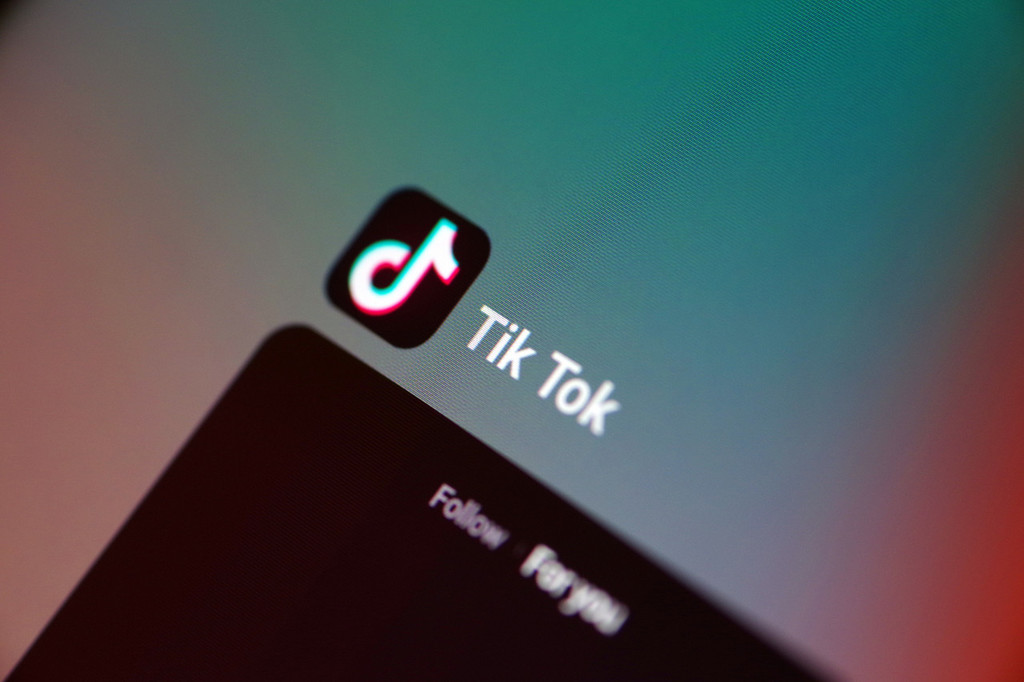The World Health Organisation (WHO) will live stream a video on TikTok to share up-to-date information about the deadly coronavirus in its latest effort to combat what it has called an “infodemic” about the global pandemic.
The live broadcast, scheduled for 8 p.m. Tuesday Hong Kong time (12:00 noon GMT) aims to “share up-to-date information on what steps users can take at this time, as well as answer questions,” according to a TikTok statement.
The move could help widen the influence of the WHO on the short-video app, popular among youth and teens, after the health authority made its debut less than three weeks ago with a video providing tips on how to avoid the coronavirus. The organization now has nearly half a million followers on TikTok and has posted 11 short videos attracting a total of 3 million likes.
TikTok was the world’s most downloaded non-game app for the past two months, according to analytics firm Sensor Tower.
“Beyond the library of information WHO offers users on our in-app landing page, it also serves as a valuable resource for our community by using its TikTok account to create videos that provide users critical and informed medical information and tips,” the statement said.
COVID-19, now present in at least 150 countries and regions, has affected more than 182,000 people and killed at least 7,100, but the dissemination of fake news about the deadly virus has caused concern.
To combat this the WHO has partnered with internet giants worldwide, including Facebook, Twitter, China’s Weibo, Tencent, TikTok owner ByteDance, and Chinese video platform Bilibili, to curb the misinformation.
In China, the Twitter-like Weibo site has been alerting users to fake news about the coronavirus.
Facebook has taken measures to remove content with false claims and conspiracy theories about COVID-19. Twitter said Monday it would increase the use of machine learning and automation to take a wide range of actions on potentially abusive and manipulative content.
Both platforms offer authorized non-profit groups advertising credit so they can run coronavirus education campaigns.
